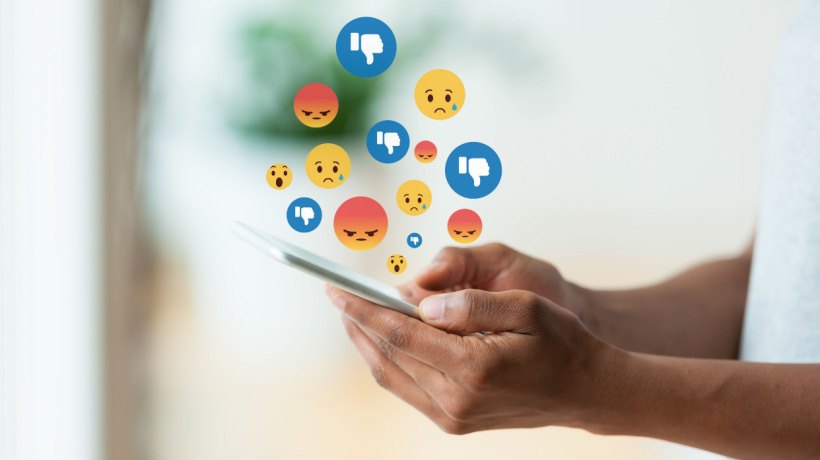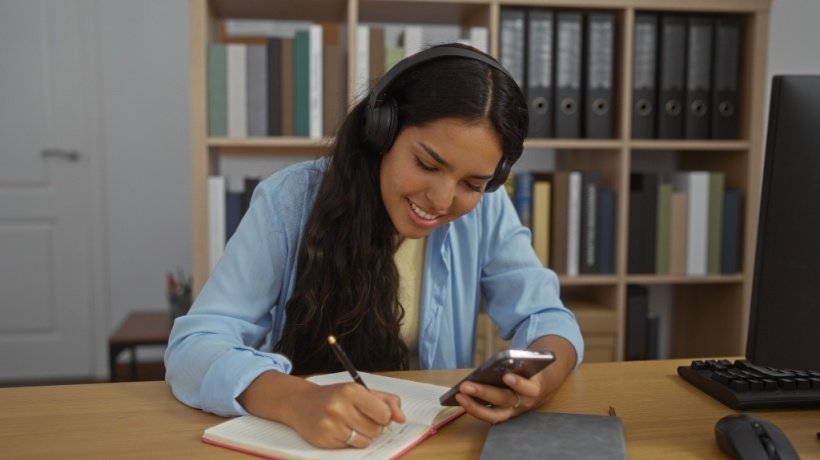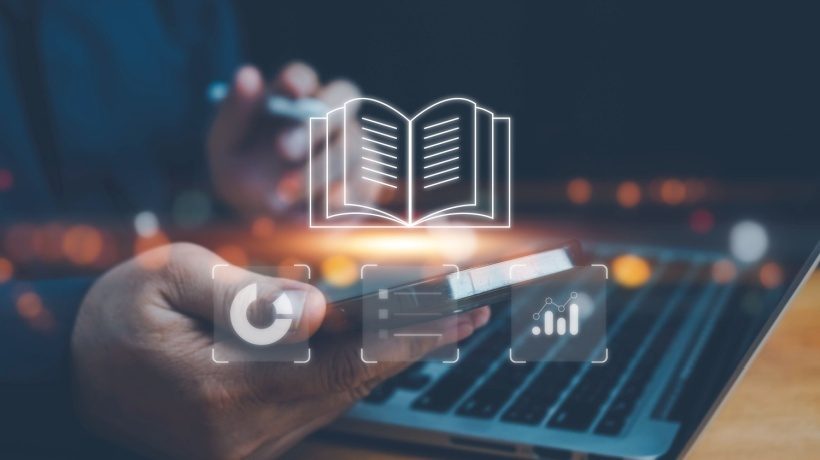What Social Media Challenges Do Online Learners Face?
With the outstanding technological advancements of the last decades, the presence of social media has grown stronger in many areas of our lives, from entertainment to making a living. More recently, it has entered the world of learning and education, changing our habits and giving us new ways to learn more quickly and efficiently. Nevertheless, despite the many undeniable benefits of leveraging social media in online learning, there are quite a few hurdles instructors and online learners need to keep in mind. If you want to know more about this, read on to discover 4 social media challenges that could negatively impact the learning experience.
4 Challenges Social Media Pose To eLearning
1. Distraction And Addiction
Social media platforms are designed to constantly display new information in order to maintain high engagement levels. Specifically, every time users enter, something new is waiting for them, whether it is an informational article or a fun pop culture quiz. Since you, as an instructor, can't control these distractions, online learners might end up continuously scrolling through their social media feeds instead of completing their training. At times, users even report a level of addiction to such platforms, as they can't stop coming back to them every few minutes. This could severely impact their concentration and productivity, resulting in poor performance.
2. Isolation
Although social media help online learners connect and become part of a larger community of shared knowledge, that doesn't mean that online communication can replace all face-to-face interaction. In fact, research has shown that relying solely on such platforms for socializing can increase feelings of loneliness and isolation. Online learners need to be mindful of the effects excessive social media use can have on their mental health and take necessary precautions. These could include limiting their daily use of social media or balancing online socialization with in-person interactions.
3. Misinformation
Considering the sheer amount of data that is uploaded online every second, we can easily understand that it is close to impossible to check everything for accuracy and credibility. As a result, fake news and misinformation have become a common social media challenge users need to be aware of. Lacking the preparedness necessary to fact-check information can seriously affect the progress and development of online learners. Therefore, it's important to practice skills such as critical thinking, researching sources, and cross-checking information to make sure that users are not participating in the perpetuation of false content.
4. Privacy Concerns
Logging into social media platforms, accessing websites, or buying online courses requires users to share sensitive information such as their name, address, photos, and credit card information. Once this information is on the web, it can fall prey to hackers who can commit crimes such as identity theft, financial fraud, or even stalking. Although authorities can help people who have fallen victim to such actions, it's better to be safe than sorry. Make sure to inform online learners about internet safety practices that will keep their personal information protected alerting them to potential identity theft signs so they can act swiftly if necessary.
What Are The Negative Effects On The Mental Health Of Online Learners?
There are many reasons why these social media challenges can negatively impact the mental health of online learners. We've already mentioned the feelings of loneliness that stem from the lack of an in-person learning environment that offers more chances for interacting with colleagues. But apart from that, overusing social media can lead to feelings of anxiety and depression due to increased competition. As social media allow people from any location and background to connect, social and economic discrepancies can come to light and make some learners feel inadequate. Not to mention the risks of cyberbullying and harassment that can so easily happen with the protection of an anonymous account. To avoid such serious and long-lasting effects on their psyche, online learners need to be aware of all the possible dangers that internet use can pose.
Conclusion
Social media have completely revolutionized the way we use the internet nowadays. However, that doesn't change the many ways it can negatively affect performance and academic progress. If online learners don't use social media in moderation and practice online safety, they could end up losing their focus, becoming distracted from their ultimate goal, and even falling victim to fraud or propaganda. Hopefully, this article has brought these social media challenges to your attention and given you a direction on how to protect your online learners from them, starting by informing them and offering an open communication channel where they can seek support. This way, learners will enjoy the plethora of benefits social media can provide and develop their skills more effectively.









